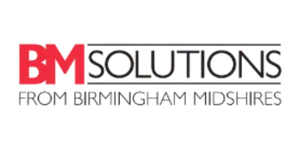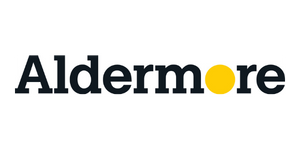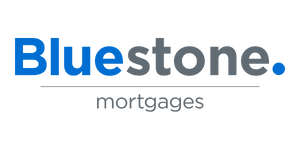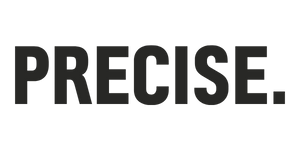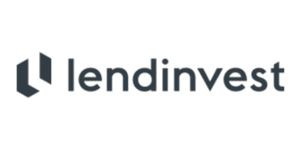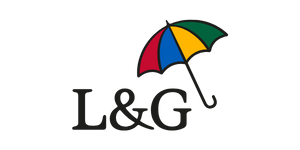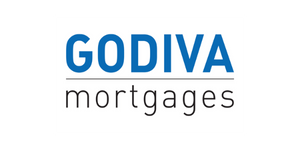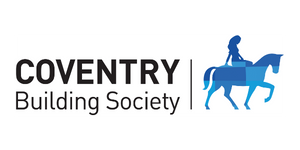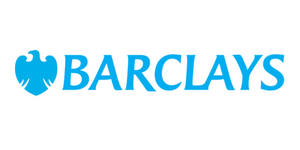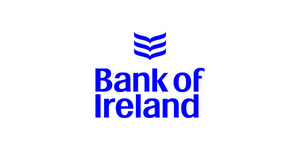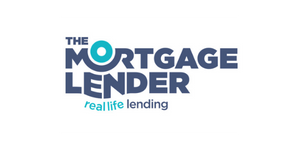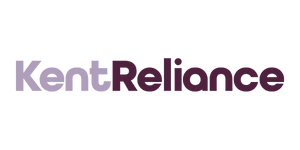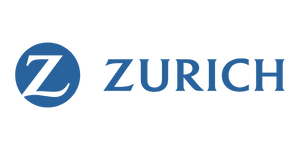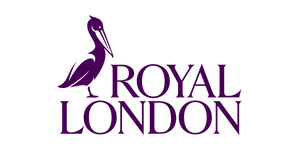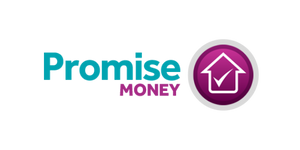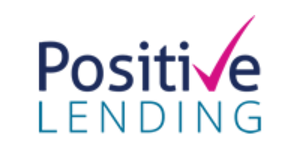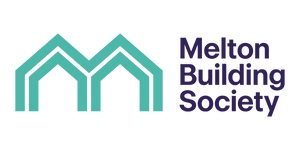What is a secured loan?
A secured loan is a type of loan that uses an asset as security for borrowed money. For the majority of people, the asset used as security against the loan is typically your house.
If you are unable to keep up with your payments the lender can sell your home in order to get their money back. Therefore, secured loans can be risky, so in certain cases personal loans can be a better idea as they do not require this extra security.
This type of finance is also sometimes referred to as a ‘second charge mortgage’, due to the security sitting next in line behind your main mortgage loan.

What is the difference between a secured loan and an unsecured loan?
As discussed above, a secured loan requires some type of ‘security’ to be used against the loan. And if you cannot make payments, the security used can be taken by the lender and sold in order to repay the money you owe.
An unsecured loan will not require any collateral to be held against the loan. Instead, your creditworthiness will play a big part in the application process. Instead, these loans will usually have lower interest rates due to how heavily they rely on your credit history.
You will also not be able to borrow as much on an unsecured loan as on a secured loan, as risk to the lender having nothing secured against the loan is greater than if the loan had some ‘security against it that could be sold if you failed to keep up with your repayments.
Can I get a secured loan?
Obtaining a secured loan is very much the same as applying for a standard mortgage, albeit the lender’s criteria may differ slightly. You will of course need to own your home that will be used for the security, or own a rental property should you be looking at a Buy-to-Let secured loan.
The availability is also invariably via specialist secured loan lenders, as most main mortgage providers are not in this market.
Do note that your legal obligations to ensure the loan payments are maintained are the same as for your main mortgage. Therefore, as mentioned above, your lender can still repossess your property if their payments are not kept up to date regardless of the payment situation of your main mortgage.
Although not a guarantee, due to the loan provider having a second charge over your property, expect the interest rate to be higher than that of similarly priced main mortgage products.
However, secured loans can still provide a cost-effective way to borrow funds in the right circumstances. This can be for situations such as, where your main mortgage provider cannot assist, perhaps due to their assessment of affordability, or your credit history, or where simply taking out a secured loan proves more cost-effective then remortgaging.
At IMC Mortgage Brokers we are experts in assessing these factors to find you the most competitive and suitable product for your needs.
What can secured loans be used for?
There is a range of things you could use a secured loan to finance, we have highlighted two of the most common uses for these loans below:
When considering a secured loan for home improvements, you should start by evaluating the equity in your property. This is essentially the difference between your home's value and your outstanding mortgage balance.
For example, if your home is worth £200,000 and you owe £140,000, you have £60,000 in equity. Many lenders cap secured loans at 75% LTV, so with this scenario, you could borrow up to £10,000 on a secured loan as you already have £140,000 secured against your property with a standard mortgage.
Your total borrowing with both your secured loan and standard mortgage combined would be £150,000, which is equal to 75% of the value of your property. Certain lenders may allow higher LTV ratios.
When comparing secured and unsecured loans, keep in mind:
- Loan amounts: Unsecured loans typically range from £1,000 to £25,000, while secured loans range from £10,000 to £2.5 million.
- Interest rates: Secured loans often have lower rates, but they increase your home’s debt risk.
- Loan term: Secured loans can extend up to 30 years, which lowers monthly payments but can increase the overall interest paid compared to shorter-term unsecured loans.
Secured loans can be a very cost-effective solution for debt consolidation, as they typically offer lower interest rates than certain unsecured credit options. For example, replacing a 19.9% credit card debt with a 3.9% secured loan can significantly reduce your monthly interest payments and overall debt repayment time.
Secured debt consolidation can also simplify payments. If you’re managing multiple credit card and loan payments each month, consolidating into one secured loan with a single monthly payment can be far more convenient.
For those with a bad credit history, a secured loan may also be more accessible. Since the loan is backed by property, lenders tend to offer lower interest rates than on unsecured credit.
Potential drawbacks
Securing debt against your property does bring risk; missing payments could put your home at risk. You will need to ensure you can afford monthly payments while managing your existing debt.
Secured loans generally have longer repayment terms (5 to 30 years), which lowers monthly payments but increases the total interest paid over time compared to shorter-term loans.
Before deciding, you should review your current monthly debt payments (both interest and principle) to compare with secured loan options. Lastly, remember that you’ll need enough equity in your home to qualify for a secured loan; if your mortgage has a high LTV ratio, your borrowing limit may be restricted.
Buy-to-Let secured loans
As a secured loan is still a form of finance using the property as security, the main criteria remains constant in that the rentable value of the property will determine the level of borrowing permitted.
This is commonly referred to as the Interest Coverage Ratio or ICR. However, some secured loan providers are happy to also take an applicant’s personal income into consideration, on occasion this can enable a higher loan amount to be achieved.
Lenders that offer secured loans on Buy-to-Let properties are generally also more flexible when it comes to the number of Buy-to-Let properties a borrower can have. This can be especially useful for portfolio customers who are looking to build the number of buy-to-lets they own.
Although not common practice by providers, there are some that will consider finance for properties that are not initially in a rentable condition, therefore would not usually qualify for a standard buy-to-let loan at the outset.

Secured loan lenders
Secured loans lenders are fairy widespread in their availability. However, what you will typically find is that the lenders offering these loans will be specific providers in this sector and not your main, and perhaps more recognised, names.
This does not mean your lending is any more at risk, nor that you will be treated in any different way as these providers are still regulated by the Financial Conduct Authority and have to abide by the same regulatory rules that your typical mortgage providers do.
It is also worthwhile pointing out that your obligations also remain the same, where your home or investment property, when used as security, is still at risk and can be repossessed should you not maintain your monthly payments.
With such a wide variety of lenders in this sector and with each having their own criteria and ways of assessing affordability, it can appear to be a daunting experience when trying to find the right secured loan lender for your individual needs.
Our expert advisors are on hand to discuss your initial requirements, and where a secured loan is deemed a viable solution to your needs, our secured loan contacts are well placed to source the right plan for you.
The very fact of the loan being registered second in line over the security, will invariably mean that the rate offered will be higher than that offered by a main mortgage provider.
However, as this sector of the market has become more popular, the increase in availability has, in turn, driven competition and, as such, made rates better than they have been historically when compared.
As with the main mortgage market, influencing factors will determine which rates are available to you, such as the type of loan, i.e. residential or Buy-to-Let, and the loan-to-value, i.e. the more you wish to borrow against the value of your home, the higher the rate will typically be.
Your credit history will also be considered, therefore you can expect that those with a good credit rating to be offered better rates than those that have a history of bad credit.
Secured loan brokers
Whatever you are raising funds for, IMC Mortgage Brokers has a team of specialist advisors with the skills and knowledge to source the right secured loan for you.
You’ll be allocated your own dedicated advisor who will guide you through the entire application process. As a firm of brokers, we have access to over thousands of products.
We consider each case individually and on its own merits, meaning each and every customer can be confident of securing the most suitable deal available for their personal circumstances.
If you want to organise a free consultation to discuss your loan options, then why not reach out today.

